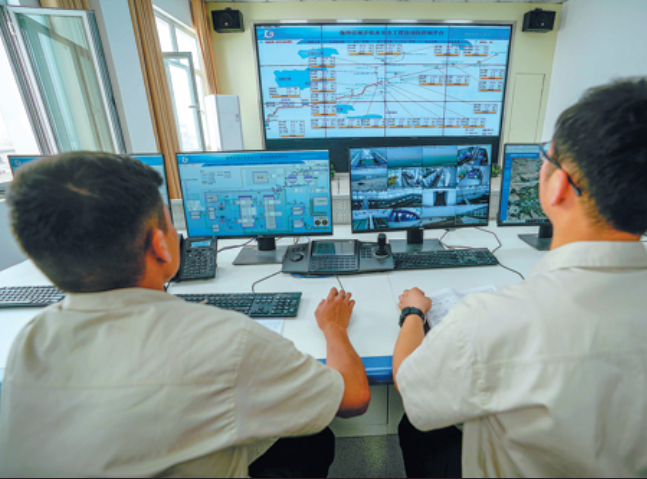Water project slakes thirsts and raises incomes


Seeking safer sources
The "bitter days" and frequent illnesses made the people of Jiashi realize the importance of water safety, so they began looking for clean sources.
With policy support from the central government, Xinjiang launched several drinking water improvement initiatives in the 1990s, such as drilling wells and building water towers or stations, in a bid to rectify the unstable supply, Xinhua reported.
Jia said that in 1995 Jiashi's residents first started using pumps to extract groundwater.
"At least it looked much cleaner than the stuff in puddles," he said, adding that the quality was still substandard, mainly as a result of frequent earthquakes.
"For example, the groundwater could be drunk after its impurities had been filtered out, but the fluoride and sulfate content seriously exceeded national standards, which caused many people to lose hair and even teeth."
He noted that although problems came one after another, the people never stopped seeking safe, clean sources of water.
In 2013, the safety of drinking water in rural areas was highlighted as part of the central government's agenda and as an important part of the national poverty alleviation campaign.
Since then, efforts to locate untarnished sources and improve the quality to help impoverished people, including those in Jiashi, have intensified.
The county had planned to purify the local groundwater, but quickly abandoned the idea because of the high cost and fear of damage to the environment.
Later, it made the search for new water sources a top priority "because no good water sources means no safe drinking water", Liu said.























